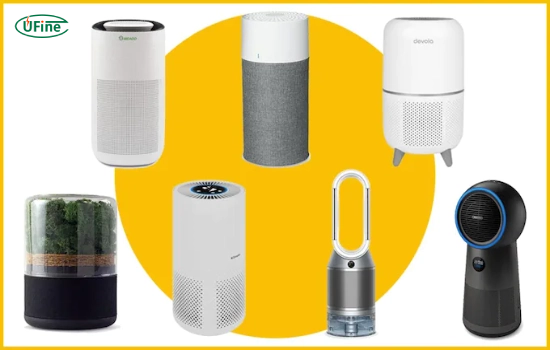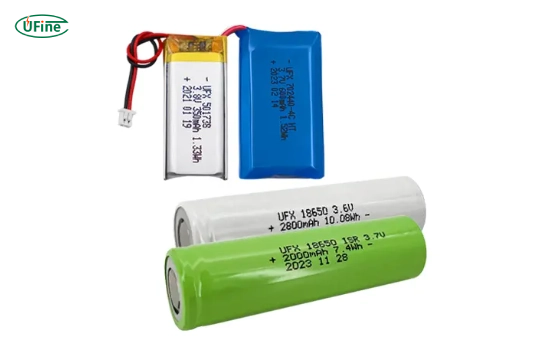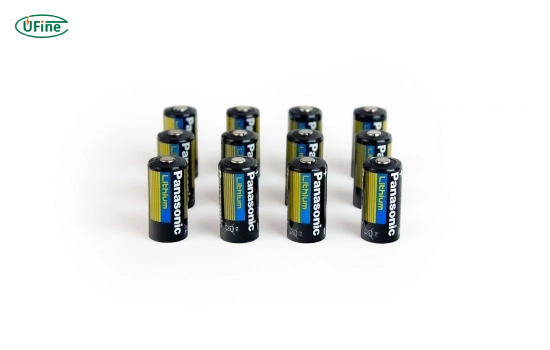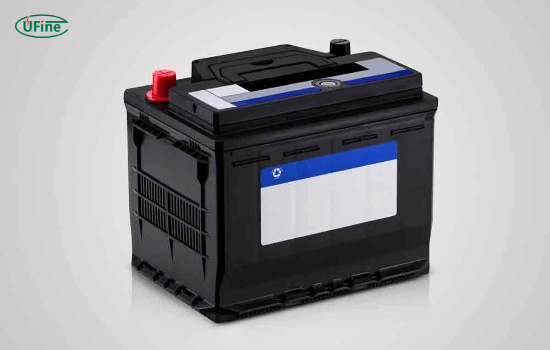The air purifier battery is a crucial component that many users often overlook when considering air purifiers. As air quality becomes an increasing concern in our daily lives, understanding the role of batteries in these devices is essential for ensuring they function optimally. This comprehensive guide will delve into everything you need to know about air purifier batteries, including their types, maintenance, and how they impact the overall performance of air purifiers.
Part 1. What is an air purifier battery?
An air purifier battery is the power source for portable air purifiers, enabling them to operate without being plugged into a wall outlet. This feature allows users to move their air purifiers freely throughout their homes or even take them outdoors for clean air wherever they go. The battery’s capacity and type can significantly affect the cleaner’s performance, run time, and efficiency, making it a vital aspect of these devices.
Why Are Batteries Important in Air Purifiers?
- Portability: Batteries enhance the portability of air purifiers, allowing users to place them in various locations without worrying about power outlets.
- Backup Power: In a power outage, battery-operated air purifiers can continue to provide clean air, which is especially important for individuals with allergies or respiratory issues.
- Energy Efficiency: Many modern air purifiers are designed to be energy-efficient, and battery-operated models can further reduce electricity consumption.
Part 2. Types of air purifier batteries
Air purifiers typically use one of three types of batteries, each with its characteristics that affect performance:
- Lithium-ion Batteries: These batteries are the most popular choice for air purifiers due to their high energy density and long life cycle. They are lightweight, rechargeable, and can provide consistent power output. Lithium-ion batteries can typically last several years with proper care, making them ideal for users needing reliable performance.
- Nickel-metal Hydride (NiMH) Batteries: NiMH batteries balance performance and cost well. While they are generally heavier than lithium-ion batteries, they are still a viable option for many air purifiers. NiMH batteries have a decent lifespan but may not hold a charge as long as lithium-ion batteries, which can be a consideration for users who prioritize extended run times.
- Lead-acid Batteries: Although less common in portable air purifiers, lead-acid batteries are often used in larger, stationary models. They are heavier and have a shorter life span compared to lithium-ion and NiMH batteries. However, they can be cost-effective for larger units that require a substantial power source.
The Impact of Battery Type on Air Purifier Performance
The type of battery used in an air purifier can significantly influence its overall performance. Here’s a detailed comparison of the three main types:
| Battery Type | Advantages | Disadvantages |
|---|---|---|
| Lithium-Ion | Long life, lightweight, efficient | More expensive |
| Nickel-Metal Hydride | Affordable, decent performance | Heavier, shorter lifespan |
| Lead-Acid | Cost-effective for larger units | Heavy, less efficient, shorter lifespan |
Lithium-ion batteries are often preferred for their superior performance and longevity, making them ideal for users who need air purifiers to run for extended periods. On the other hand, NiMH batteries can serve as a budget-friendly alternative, though they may require more frequent charging. While suitable for larger stationary units, lead-acid batteries may be better for those seeking portability.
Part 3. How to choose the right battery for your air purifier?
When selecting an air purifier, consider the following factors related to its battery:
- Battery Capacity: Measured in milliampere-hours (mAh), a higher capacity indicates a longer run time. Choose a battery that meets your usage needs.
- Recharge Time: Some batteries take longer to recharge than others. If you need frequent use, look for models with quick recharge times.
- Weight and Size: If portability is a priority, consider the battery’s weight and size. Lithium-ion batteries are generally lighter and more compact.
Part 4. Maintenance tips for air purifier batteries
Proper maintenance can extend the life of your air purifier battery. Here are some tips:
- Regular Charging: Avoid letting the battery completely discharge before recharging. Lithium-ion batteries, in particular, perform better when kept at a charge between 20% and 80%.
- Clean Contacts: Dust and debris can accumulate on battery contacts, leading to poor performance. Regularly clean the contacts with a soft cloth.
- Store Properly: If you plan to store your air purifier for an extended period, store it in a cool, dry place and charge the battery to about 50% before storing.
Part 5. Common issues with air purifier batteries
Users may encounter several issues with air purifier batteries:
- Reduced Run Time: Batteries can lose their ability to hold a charge, leading to shorter run times. If you notice this, it may be time to replace the battery.
- Overheating: If the battery becomes excessively hot during charging or use, it could indicate a problem. Stop using the device and consult the manufacturer.
- Swelling: A swollen battery is a sign of a malfunction and can be dangerous. If you notice swelling, discontinue use immediately and seek professional help.
Part 6. How to optimize your air purifier battery life?
To maximize your air purifier’s battery life, consider the following strategies:
- Use Energy-Saving Modes: Many air purifiers have energy-saving modes that reduce power consumption.
- Adjust Fan Speed: Lowering the fan speed can decrease battery usage while providing adequate air purification.
- Regular Maintenance: Keep filters clean and replace them as needed to ensure the unit operates efficiently, which can help conserve battery life.
Part 7. FAQs
-
What is the average lifespan of an air purifier battery?
The average lifespan of an air purifier battery varies by type but generally ranges from 2 to 5 years. Lithium-ion batteries tend to last longer than NiMH or lead-acid batteries. -
How do I know when to replace my air purifier battery?
Reduced run time, overheating, or physical damage, such as swelling, are signs that your air purifier battery needs to be replaced. -
Can I use my air purifier while it’s charging?
Most air purifiers are designed to allow use while charging. Still, it’s essential to check the manufacturer’s guidelines to ensure safety. -
Are there air purifiers with replaceable batteries?
Yes, some models come with replaceable batteries, allowing users to quickly swap out old batteries for new ones. -
How can I extend the life of my air purifier battery?
To extend battery life, regularly charge the battery, avoid complete discharges, and store the device properly when not in use.
Related Tags:
More Articles

How to Choose the Best Floor Scrubber Battery for Commercial Cleaning?
Selecting the ideal floor scrubber battery ensures a long runtime, rapid charging, and minimal maintenance for efficient commercial cleaning operations.
Battery for Blower vs Battery for Leaf Vacuum: Which One Should You Choose?
Battery for blower vs leaf vacuum—learn the key differences in power, fit, and runtime to choose the right battery for your outdoor tool needs.
How to Choose the Right Battery for Blower?
Choosing the right blower battery? Consider voltage, capacity, chemistry & usage. This guide helps match the best battery for peak performance.
How to Choose the Best Insulated Battery Box for Lithium Batteries?
Choosing the Best Insulated Battery Box for Lithium Batteries? Discover key factors such as size, material, and safety for optimal protection and performance.
7 Critical Elements on a Lithium Battery Shipping Label
What must be on a lithium battery shipping label? Learn 7 key elements to ensure safety, legal compliance, and correct handling across all transport modes.







